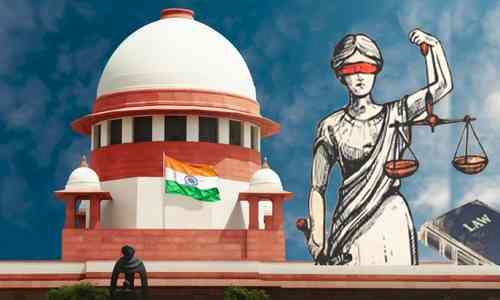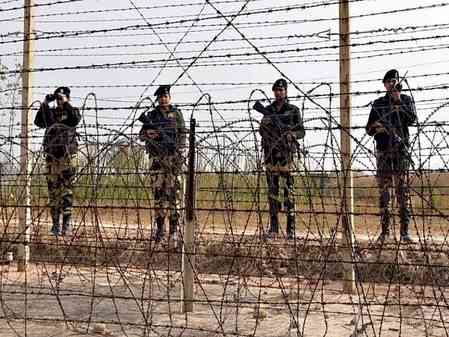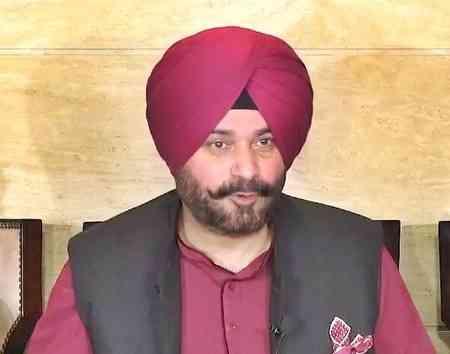End pernicious trend curbing liberty and freedom of the people, SC tells Telangana Police
The Supreme Court on Monday asked Telangana Police to end a "pernicious trend prevalent in the state" where some police officers are “curbing the liberty and freedom of the people”.

New Delhi, Sep 4 (IANS) The Supreme Court on Monday asked Telangana Police to end a "pernicious trend prevalent in the state" where some police officers are “curbing the liberty and freedom of the people”.
A bench of Justices Surya Kant and Dipankar Datta said that while the nation celebrates Azadi Ka Amrit Mahotsav to commemorate 75 years of independence from foreign rule, some police officers in Telangana seem to be oblivious of the fundamental rights guaranteed by the Constitution and are curbing the liberty and freedom of the people.
"A pernicious trend prevalent in the state of Telangana has not escaped our attention ….The sooner this trend is put to an end, the better," it observed.
The top court said that the preventive detention has been rendered ordinary with its reckless invocation over the years as if it were available for use even in the ordinary course of proceedings.
"It is common knowledge that recourse to preventive detention can be taken by the executive merely on suspicion," it said while quashing the detention order passed by the Commissioner of Police, Hyderabad.
The preventive detention order recorded that the ordinary law under which detenu was booked is not sufficient to deal with the illegal activities of such an offender and unless he is detained under the detention laws, his unlawful activities cannot be curbed.
The Telangana High Court refused to interfere with the detention order in the habeas corpus proceedings instituted before it.
After a detailed analysis of the facts and law, the Supreme Court allowed the appeal and ordered that "the appellant’s husband, i.e. the detenu, shall be released from detention forthwith."
It laid down guidelines for the constitutional courts to examine when they are called upon to test the legality of orders of preventive detention:
- Whether the order is based on the requisite satisfaction, albeit subjective, of the detaining authority, for, the absence of such satisfaction as to the existence of a matter of fact or law, upon which validity of the exercise of the power is predicated, would be the sine qua non for the exercise of the power not being satisfied
- Whether in reaching such requisite satisfaction, the detaining authority has applied its mind to all relevant circumstances and the same is not based on material extraneous to the scope and purpose of the statute
- Whether power has been exercised for achieving the purpose for which it has been conferred, or exercised for an improper purpose, not authorised by the statute, and is therefore ultra vires
- Whether the detaining authority has acted independently or under the dictation of another body
- Whether the detaining authority, by reason of self-created rules of policy or in any other manner not authorised by the governing statute, has disabled itself from applying its mind to the facts of each individual case
- Whether the satisfaction of the detaining authority rests on materials which are of rationally probative value, and the detaining authority has given due regard to the matters as per the statutory mandate
- Whether the satisfaction has been arrived at bearing in mind existence of a live and proximate link between the past conduct of a person and the imperative need to detain him or is based on material which is stale
- Whether the ground(s) for reaching the requisite satisfaction is/are such which an individual, with some degree of rationality and prudence, would consider as connected with the fact and relevant to the subject-matter of the inquiry in respect whereof the satisfaction is to be reached
- Whether the grounds on which the order of preventive detention rests are not vague but are precise, pertinent and relevant which, with sufficient clarity, inform the detenu the satisfaction for the detention, giving him the opportunity to make a suitable representation
- Whether the timelines, as provided under the law, have been strictly adhered to.


 IANS
IANS 










